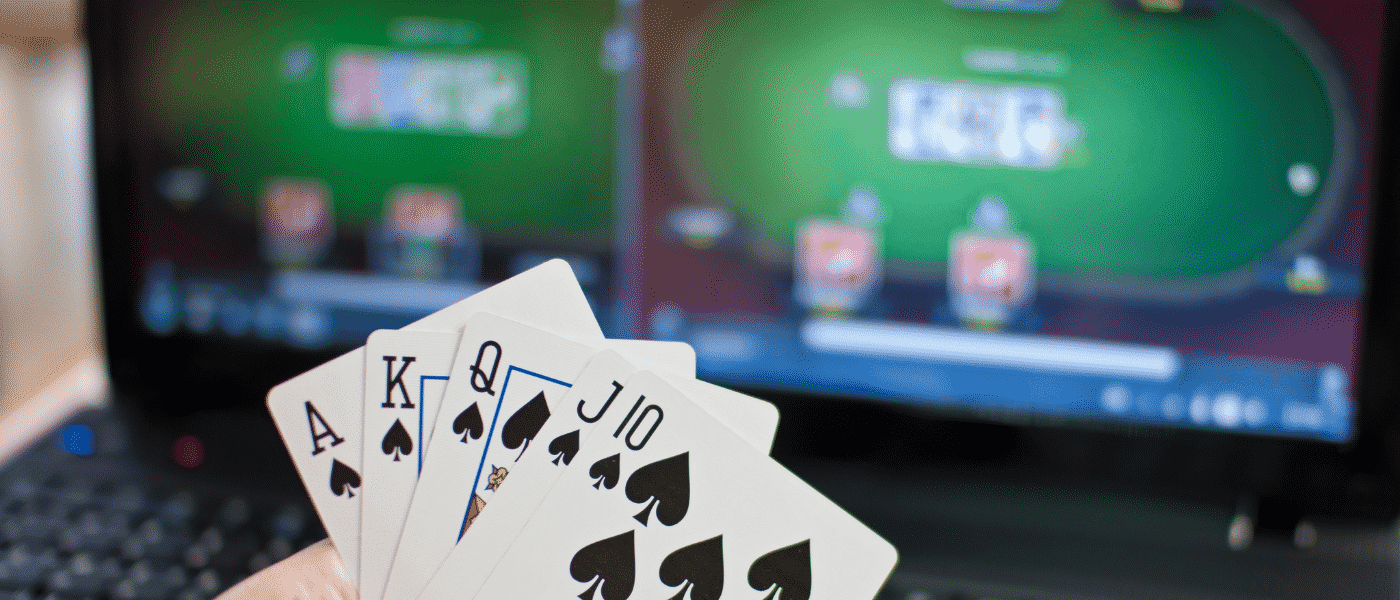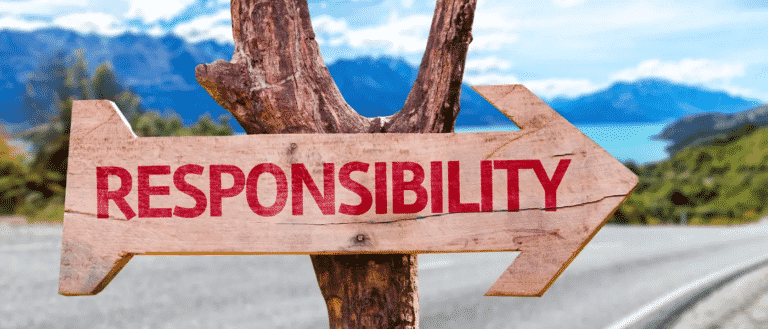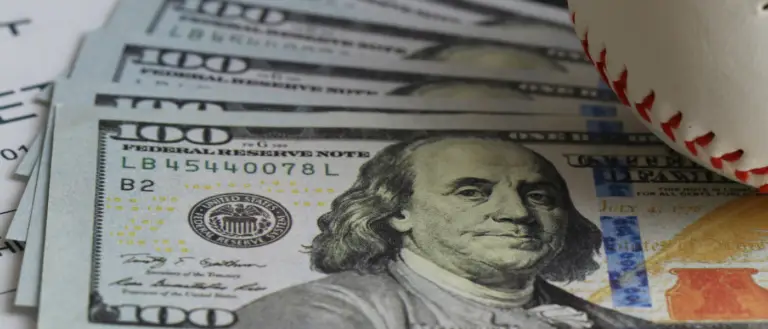10 Years After: Did Black Friday Change Online Poker For The Better?

Ten Years. It’s been ten years since the US Department of Justice seized the websites and froze the financial accounts of PokerStars, Full Tilt Poker, Absolute Poker, and UB (nee Ultimate Bet) and, in the process, flipped the entire online poker world on its head.
Black Friday, as the historic day of April 15, 2011, came to be known, took several years to play out as players waited to recoup their account balances from these sites, and the details of the saga slowly came to light. If you’re a poker player or were involved in the poker industry, there are few silver linings to point to.
But now, ten years later, Black Friday is in the rearview mirror. People have moved on, and the sting of Black Friday is largely gone for a large swathe of the poker community, and we can ponder the actual fallout from the event and what might have been had the DOJ crackdown never occurred.
That’s what I attempt to do in this column.
For more Black Friday Poker Anniversary coverage, you can check out the following links:
- I had the privilege of appearing on a recent episode of The Orbit Podcast to talk Black Friday and discuss the same topics with PokerNews.
- My interview with Eric Hollreiser, the former communications director at PokerStars that includes his thoughts on Black Friday and what poker’s future holds.
- A great look back from PokerFuse.
The Industry Was on a Collision Course with Catastrophe
For non-insiders, the shocking events that happened on Black Friday in the poker industry was primarily due to the suddenness of events. There weren’t rumblings in the far corners of poker rooms or forums, and nobody without inside knowledge can say, “If only everyone listened to my warnings.” Instead, everyone woke up one day to the DOJ notices and frozen accounts.
With ten years of retrospection to draw from, all the warning signs were there, but at the time, nobody wanted to lift the hood and kick the tires.
What I find more interesting is the what if? What if the events of Black Friday and it’s ramifications for online poker didn’t happen?
There’s something to be said for the idea that legalization and regulation would have taken hold, but the more I think about it, the more I believe the eventual fallout would have been far worse.
The bad actors and desperate operators would have grown opaquer and more emboldened. They would continue to see the walls close in and take greater and greater risks as legality remained in a state of limbo. Basically, the transgressions of Black Friday would have looked tame had the industry continued unchecked for several more years.
Some operators would have continued to do things the right way, but plenty of others proved their willingness to cut corners.
A New Media Rose from the Ashes
Before Black Friday, poker media was the dominant form of online gambling media, and suffice it to say, utterly beholden to operators. The idea of doing investigative journalism in poker would get you laughed out of the room, considering most of the coverage was procured from content farms – who is going to pay for that kind of reporting?
There were exceptions. One example is the grassroots efforts by the poker community, including a few brave poker media types largely acting independently of their outlets to delve into the Ultimate Bet and Absolute Poker scandals. But by and large, poker stories were feel-good affairs about players and tournaments and a smattering of rewritten columns from the mainstream press on legislation.
Generally speaking, on April 15, 2011, the poker media was more fluff than substance. That all changed with Black Friday. The seemingly unseverable link between US poker media and online sites was severed. That meant outlets and writers could report on these previously untouchable sites. That ultimately led to gradually better reporting and an improved reputation for the poker media.
Since Black Friday, poker and gambling media are now routinely cited in white papers, academic articles, and case law.
There was some evidence of this changing at the time of Black Friday. The launch of PokerFuse.com, which occurred on Black Friday, the post-Black Friday reporting at Subject:Poker by NoahSD and the late Diamond Flush, and several other intellectually curious people that decided to look past the felt and pay attention and delve into the industry and legal side of the poker world.
Yes, Black Friday killed a lot of poker media careers, but it also launched new ones, created opportunities, and in my opinion, improved the overall quality of the reporting.
The Jury Is Out When it Comes to Online Poker Legalization
If we travel back to April 14, 2011, it’s hard to envision the current online poker landscape with growing player protections and oversight. In 2011, few locales had legalized online poker, The UK, France, and Italy being the most prominent. Pre-Black Friday, there were efforts to legalize online poker in the US at the federal level, but hindsight being 20/20, these efforts look like a fool’s errand.
But not long after Black Friday, a new path to legalized online poker in the US emerged, thanks to a Department of Justice Office of Legal Counsel opinion that opened the door for states to legalize online gambling within their borders.
By the end of 2013, three US states legalized and launched online poker, and in 2021, eight years later, the number of legal online poker states is five:
- Nevada Online Poker
- New Jersey Online Poker
- Delaware Online Poker
- Michigan Online Poker
- Pennsylvania Online Poker
As of 2023, West Virginia online poker and Connecticut online poker have also been legalized but have yet to launch. States legalizing online poker sites seemed an impossibility just two years prior to the first trio launching in 2013. Unfortunately, momentum stalled soon after, and the expectation of big states like California and New York following in the early adopters’ footsteps turned out to be another fool’s errand.
Hopefully, with the Wire Act removed as a hurdle, interstate agreements are back on the table.
The results around the globe have also been promising. Germany, Spain, and Portugal are among the European countries that have legalized online poker, and efforts from South America to Canada are showing potential.
There’s still a long way to go, but legal online poker is steadily gaining ground. What impact Black Friday had is an open question.






